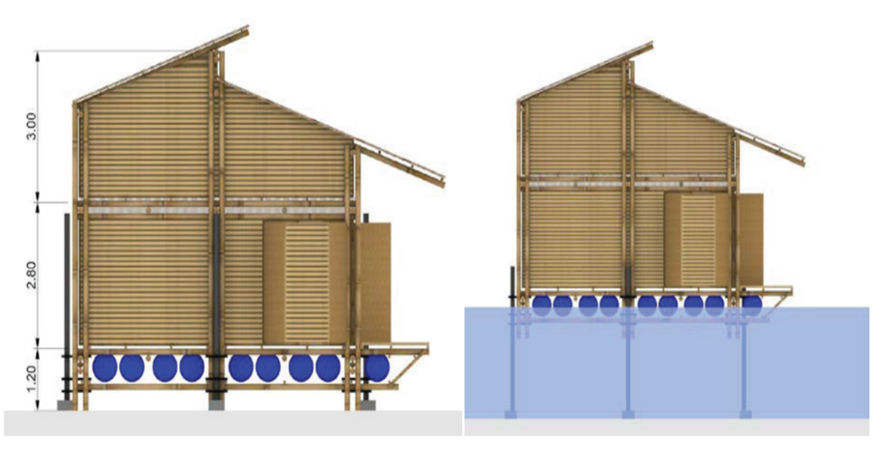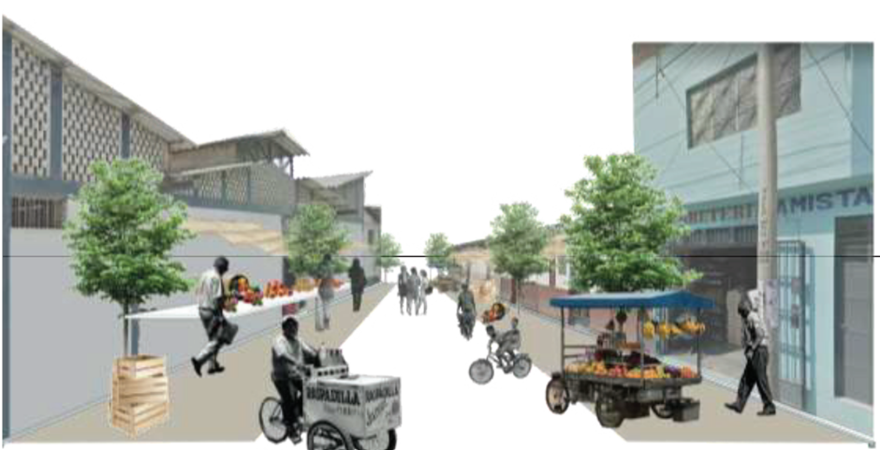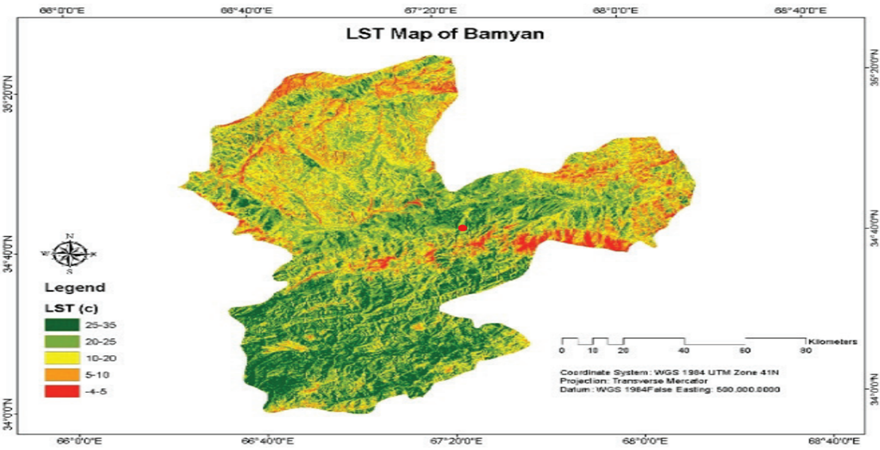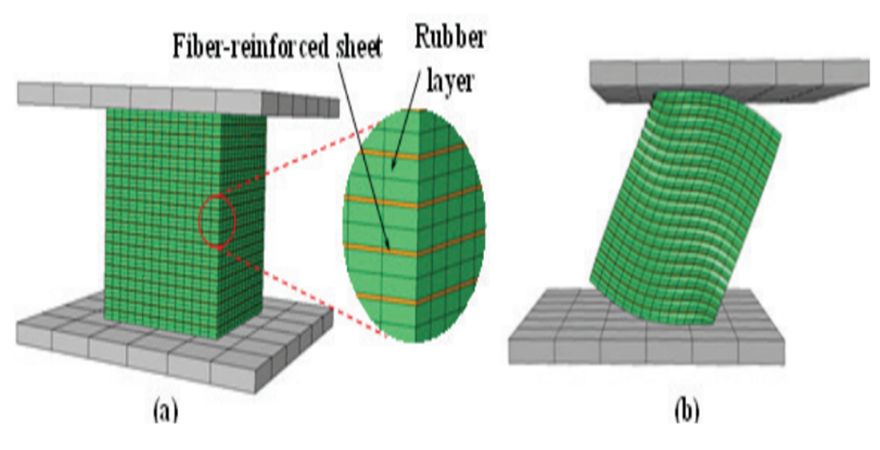- +91-11-4044-5999
- info@cdri.world
-
Copernicus Marg, New Delhi, INDIA
The future ground: Urban planning for infrastructure resilience (Case Study: Mumbai)
Supriya Krishnan
TU Delft, Netherlands
The world is witnessing the most significant cumulative urban expansion in history against the backdrop of climate change and disasters. This anticipated growth requires extensive construction and renewal of reliable infrastructure systems that form the backbone of resilient urban development. These infrastructure systems will be exposed to a range of hazards, particularly hydrometeorological hazards, that are changing with a fair degree of uncertainty. Infrastructure decisions not made mindfully to adapt and respond to these uncertainties can lock in risks and face higher vulnerabilities than they were designed for. However, transitioning to resilient urbanization requires systematic changes in all major infrastructure systems, including energy, industry, land and ecosystems. Hence, risk-informed urban planning becomes pivotal in adopting a long-term view to inform infrastructure resilience. In this research, we make the first steps toward developing a risk-informed urban planning framework using the Mumbai Metropolitan Region (MMR) case. We use the following three-step qualitative research process to arrive at: 1. The existing knowledge landscape around risk-informed urban planning and infrastructure resilience. 2. Establish the requirements and constraints planners face in translating climate and disaster variables into urban plans and infrastructure policies. 3. Make the first steps towards the development of a risk-informed urban planning framework. The framework is expected to be utilized for a more extended research project to develop future land-use scenarios for Mumbai under climate change. The aim is to make the findings of this study applicable to a broader set of tropical cities faced with similar risks and development issues.
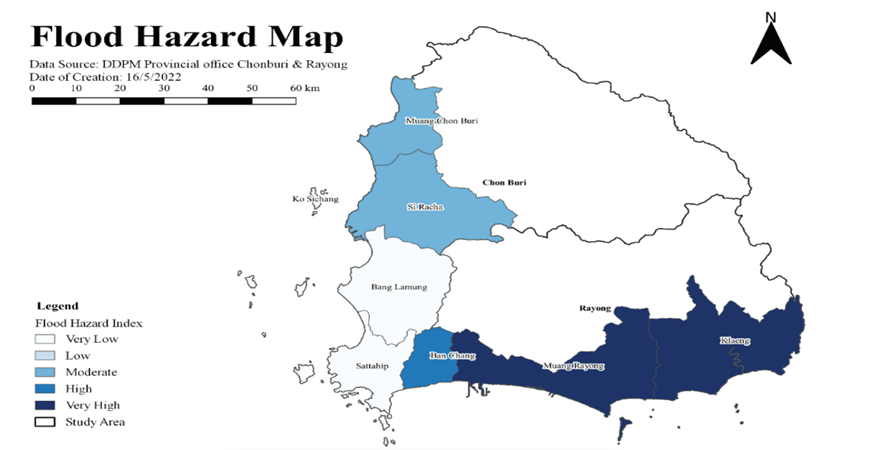
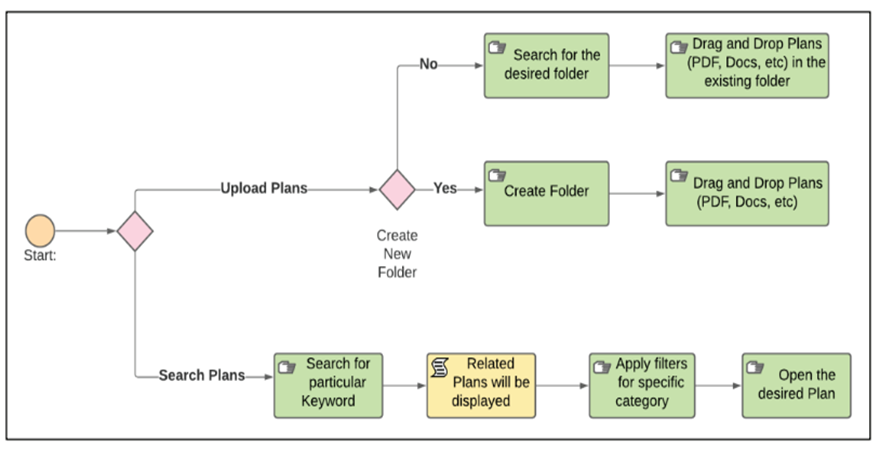
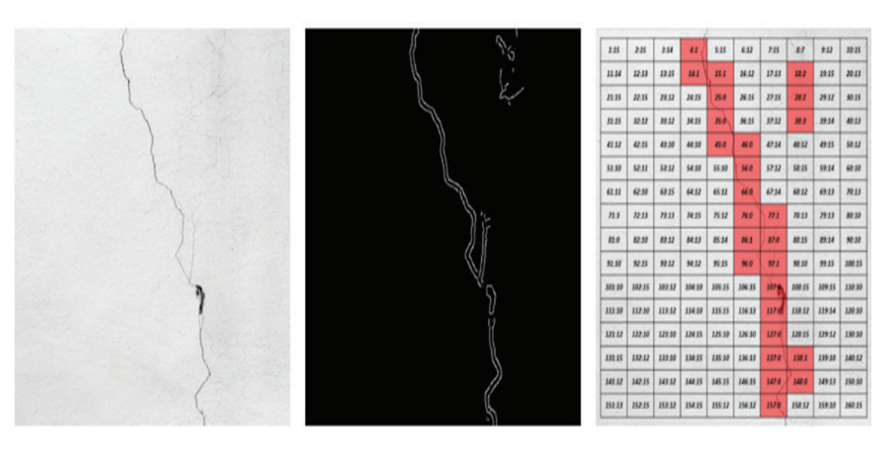
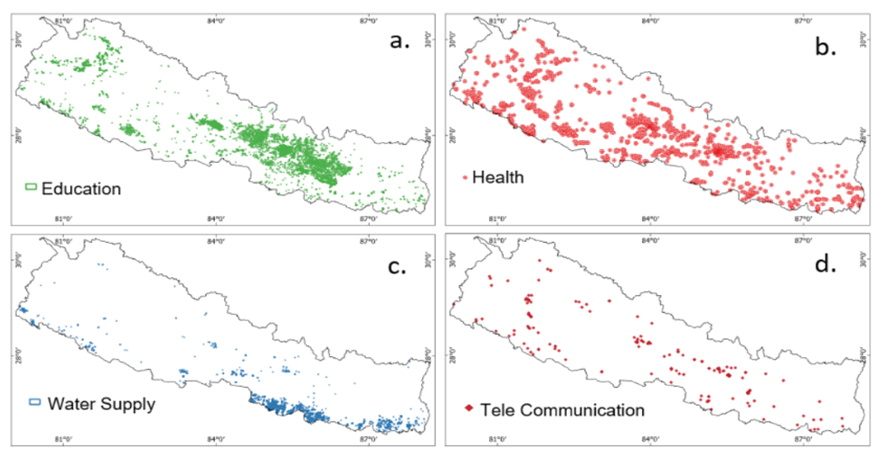
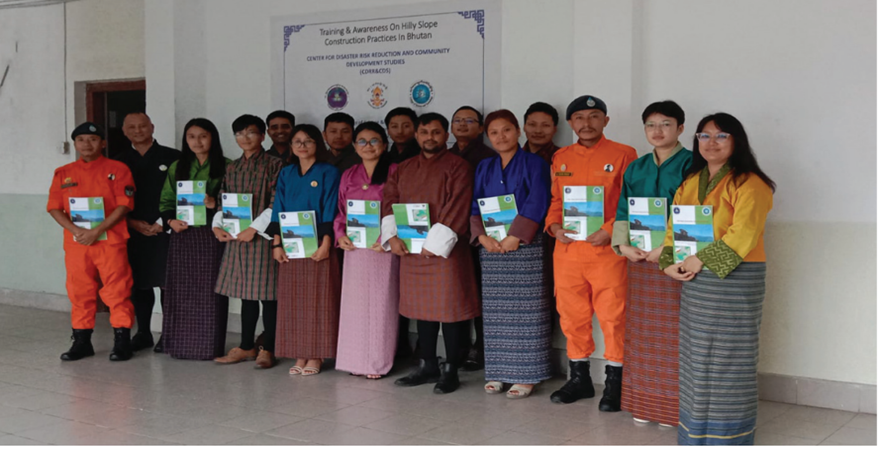
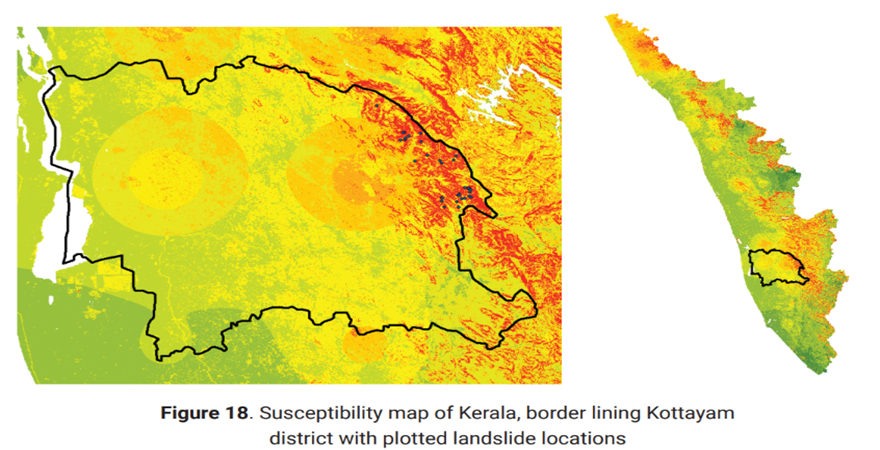
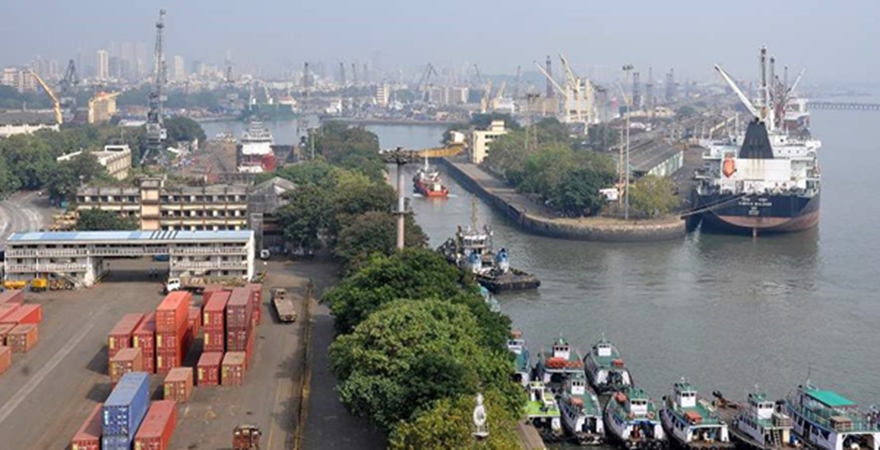
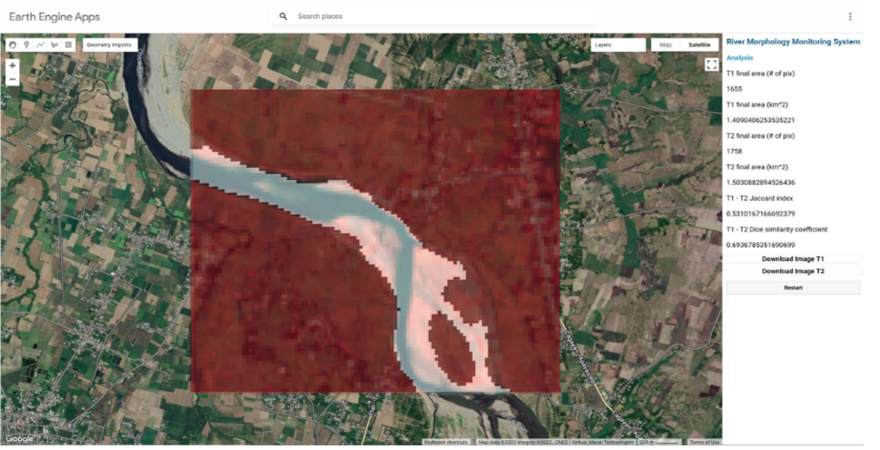
.png)
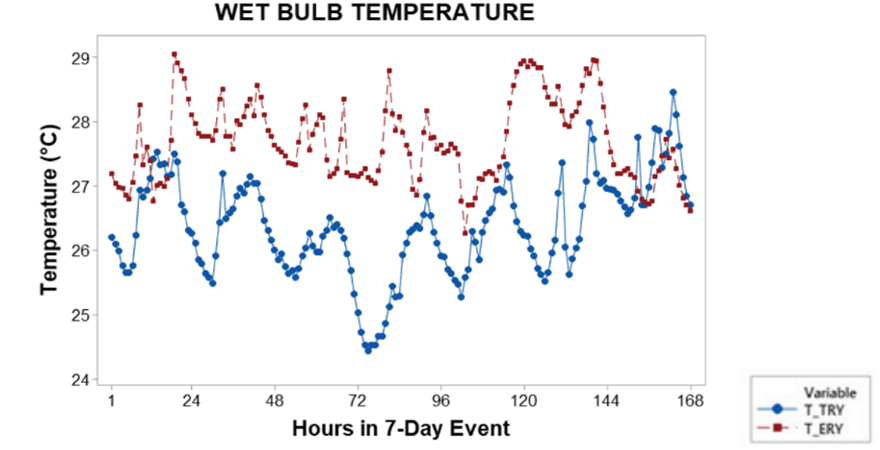
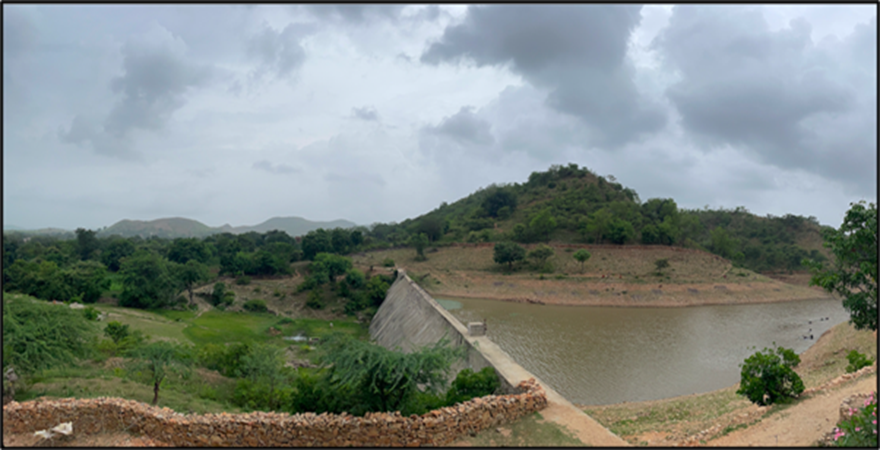
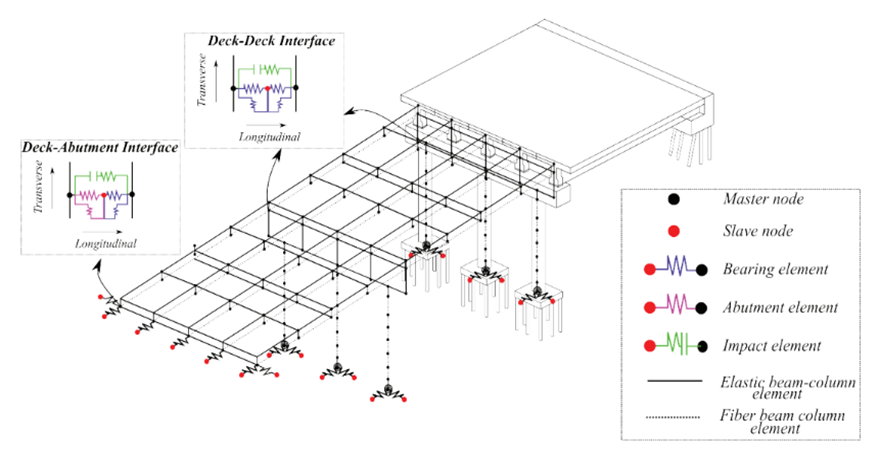
.png)
, nepal.png)

